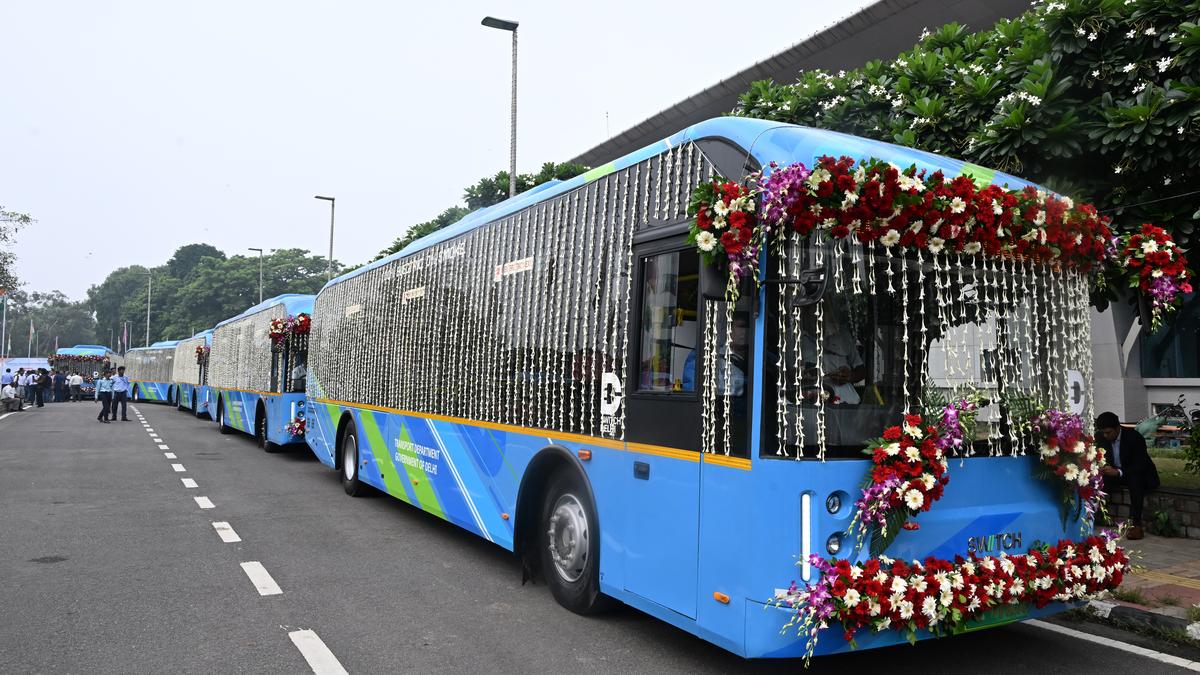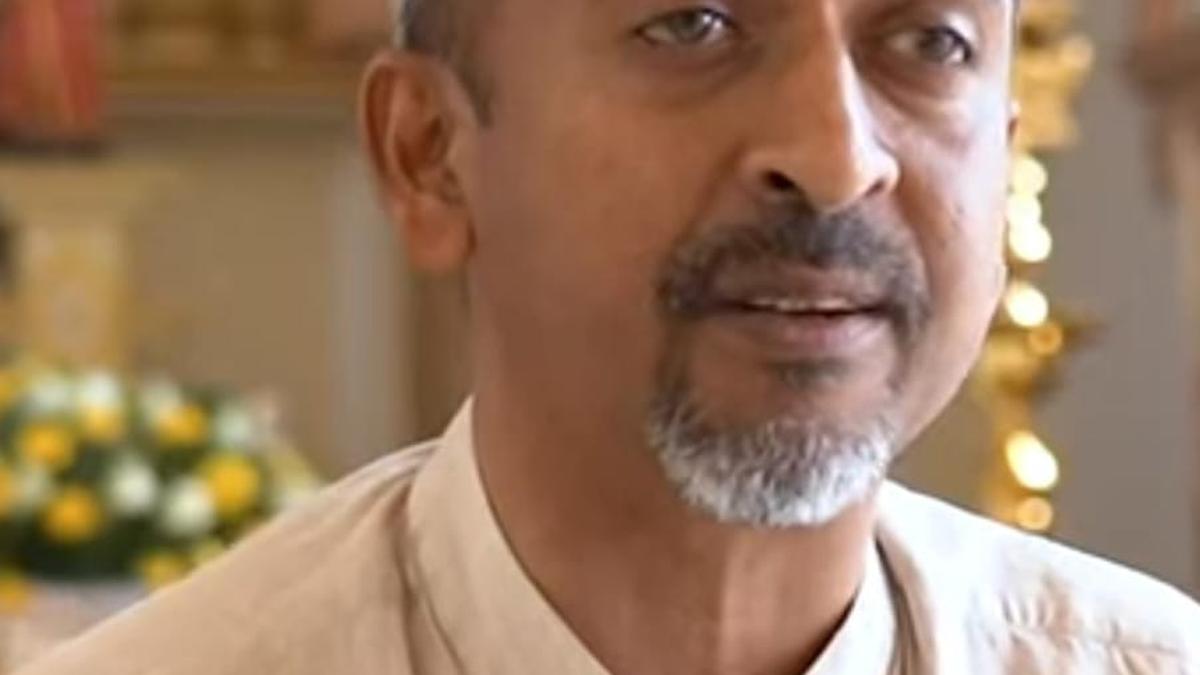The Forest department will launch an intensive 45-day mitigation programme beginning on September 16 to tackle human-wildlife conflict across Kerala.
Around 300 grama panchayats have been affected by human-wildlife conflict, with 273 of them reporting frequent incidents. Among these, nearly 30 local bodies have been identified as critical hotspots, according to official sources.
In the first phase of the campaign from September 16 to 30, help desks will be opened at all forest range and panchayat offices located in forest-fringe areas. These offices will accept written complaints from the public regarding crop loss, delayed compensation, safety threats and other difficulties caused by wild animal incursions. Dedicated complaint boxes will be installed on both panchayat and range office premises for the convenience of the affected residents.
Data collection
Specially-appointed teams comprising Forest department officials will visit each affected panchayat and coordinate with people’s representatives to collect and document the complaints. The data collection process will be completed within 15 days. All complainants will be informed about the steps taken to address their grievances.
Moreover, they will be entitled to appeal before the chairperson of the regional-level campaign committee if there are objections regarding the actions taken at the range or divisional level.
The second phase of the programme, which runs from October 1 to 15, will focus on resolving issues that could not be addressed at the local level. Such matters will be escalated to the district-level committees formed for human-wildlife conflict mitigation. The panels will be led by the District Collectors and will comprise MLAs and officials of various departments. The Divisional Forest Officer in each district will serve as the convener and oversee the operations in the second phase.
Third phase
From October 16 onwards, the campaign will enter its third phase that will focus on resolving more complex and persistent issues that remain unsettled after the first two phases. Such issues will be brought to the attention of the State government in order to identify policy-level and long-term solutions. Ministers, department heads, MLAs and panchayat representatives will all be involved in the process.
The State government will apprise the Centre of issues that remain unresolved after the multi-phase programme for necessary assistance.



.png)
.png)
.png)
















 1 hour ago
3
1 hour ago
3









 English (US) ·
English (US) ·